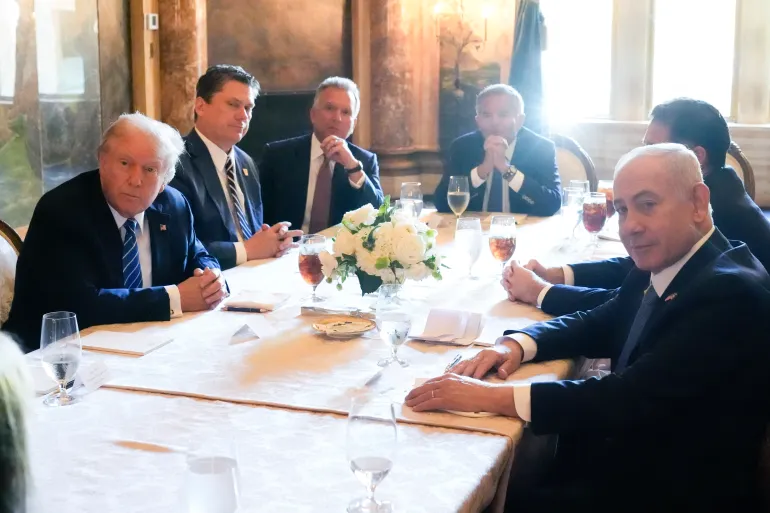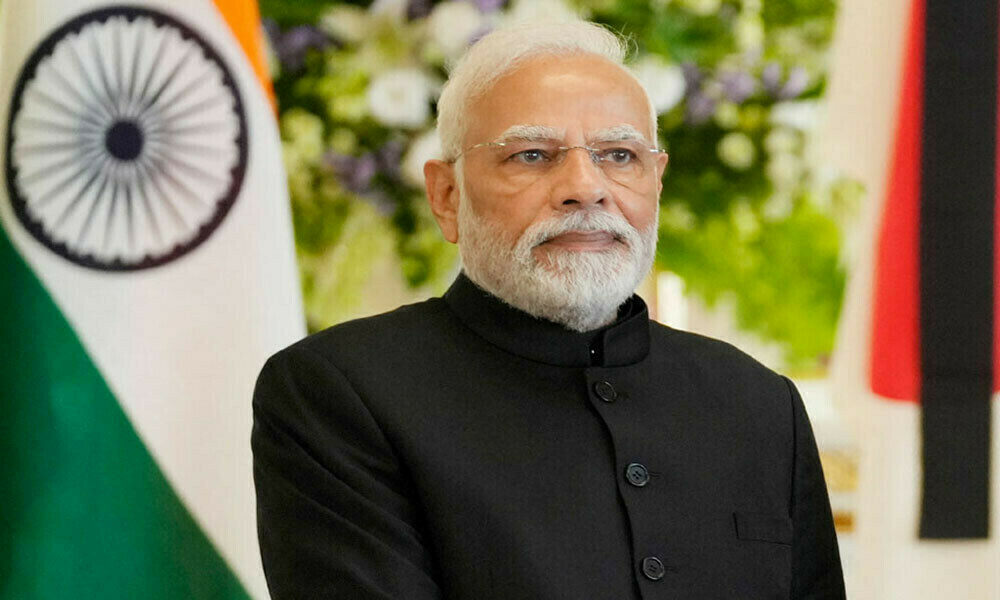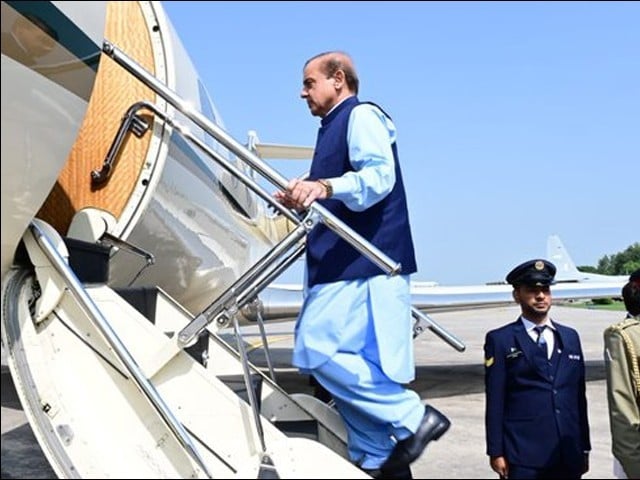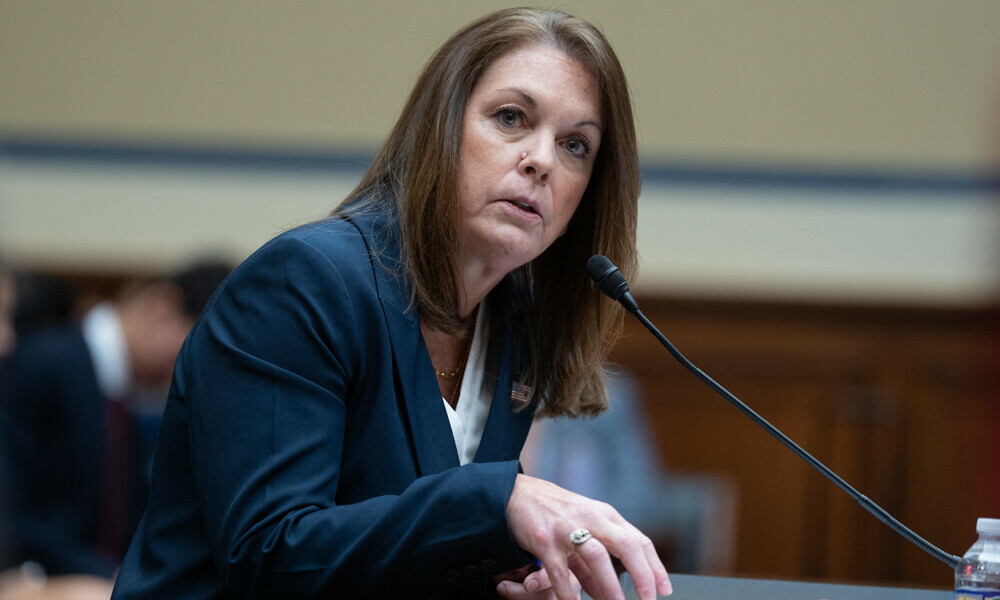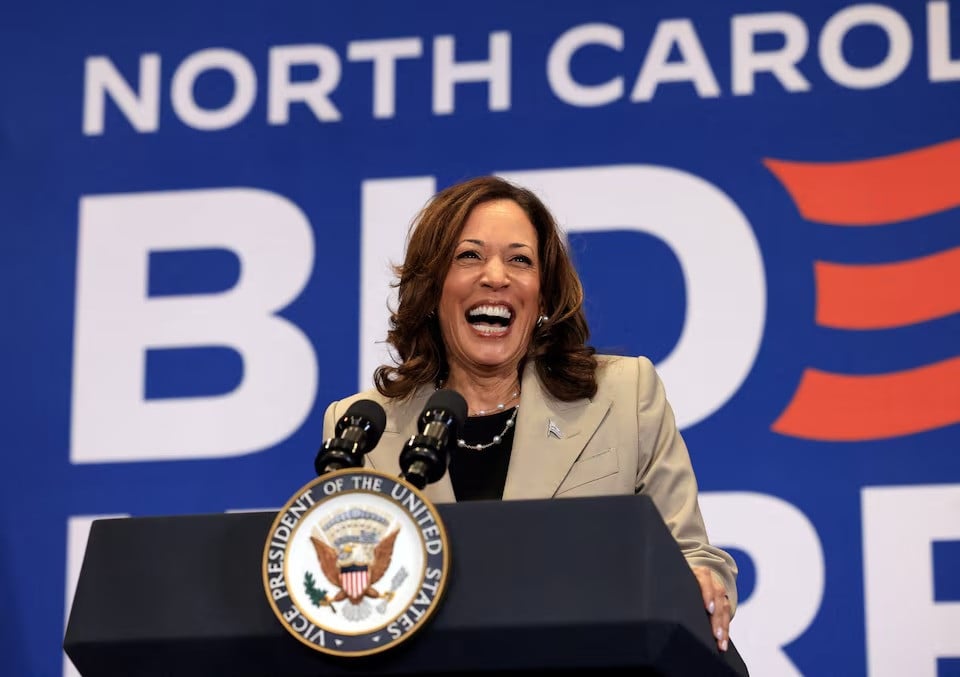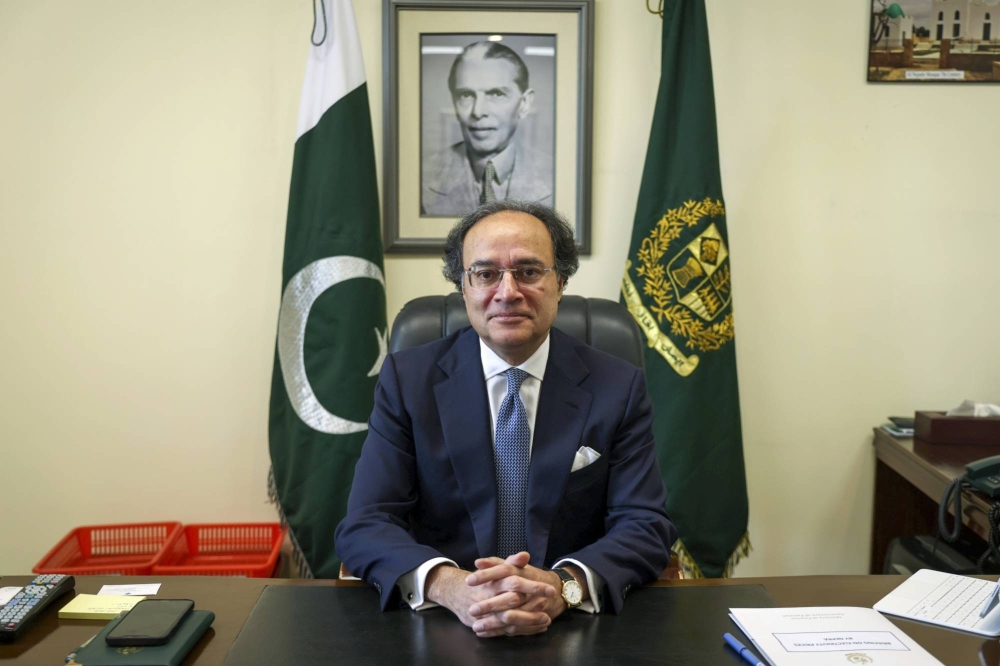Pakistan’s Prime Minister, Shehbaz Sharif, stated that Pakistan needs a new bailout package from the International Monetary Fund (IMF) to survive. The new program will span two to three years and is linked to across-the-board structural and economic reforms. He made this statement while presiding over a meeting of the Special Investment Facilitation Council (SIFC), which was co-chaired by the Chief of Army Staff, Gen Syed Asim Munir. The PM praised the SIFC’s meeting, which was attended by civilian and military leaders, including all the chief ministers. He said that the presence of the chief ministers, army chief, and other officials from across the country conveyed a clear message to the nation that all had gathered there for the cause of the country’s development, prosperity, and integrity.
The Prime Minister said that the burden of these measures would primarily fall on the wealthy, with safeguards to be put in place to protect the interests of the poor and vulnerable groups. He said that the government was going to make “tough economic decisions” to steer the country out of crisis, assuring to protect downtrodden segments of society. “We will gradually succeed in breaking the begging bowl and come out of the debt trap,” he added.
PM Shehbaz appealed to all political parties and provincial governments to support the government’s agenda to bring macro-economic stability to the country. He said that the SIFC was formed in June 2023 to remove bottlenecks in the investment process, and since then, nine meetings of the apex committee had been held, in addition to 200 other meetings. He pointed out that when the PDM government took over in 2022, Pakistan was on the brink of bankruptcy, but the coalition partners decided to save the country from default by putting their political capital at stake.
The PM also blamed corruption for the country’s woes, which bled the country’s resources. He said that tax cases to the tune of Rs2.7trn were pending either in tribunals or courts, which should have been resolved as soon as possible. The prime minister added that electricity worth Rs400bn was stolen yearly while the circular debt in the electricity and gas sectors was over Rs5 trillion.
Speaking about achievements of the SIFC under the interim government, the premier said that the caretaker government saved Rs87 billion in its drive against power theft. Similarly, strict measures were also taken to curb smuggling, besides introducing reforms in the land information system. Besides, the government also successfully concluded the privatization process of the Heavy Mechanical Complex in Taxila. The prime minister highlighted that hundreds of billions of rupees were lost in the state-owned enterprises, pointing out that Pakistan International Airlines alone had liabilities of Rs825bn. Likewise, he added, the interim government also signed many important agreements with different countries to bring investment in the country, including with the United Arab Emirates to the tune of $10bn.
Overall, the prime minister stressed the need for the continuation of policies and joint efforts by all the stakeholders for these reforms. He sought support from all political parties and provincial governments to successfully implement the agenda to bring macro-economic stability to the country.
Please, subscribe to the YouTube channel of republicpolicy.com






































